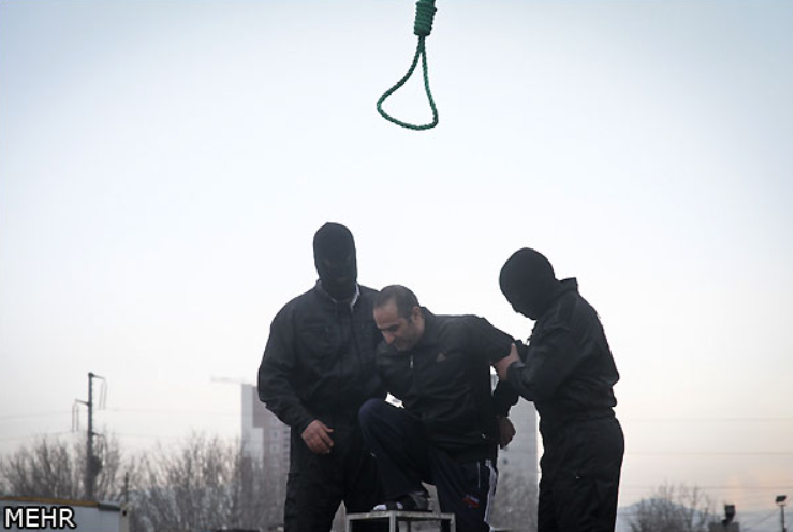The U.S. is using airstrikes to destroy opium labs, and kill any people who happen to be present in them, as part of its counter-terror military policy in Afghanistan.
U.S. and Afghan forces conducted 11 airstrikes on opium processing laboratories in Afghanistan between April 3 and 5, targeting facilities in the Farah and Nimroz provinces. A NATO statement described the strikes as a "counter-revenue campaign designed to degrade the Taliban’s primary means of funding its operations – narcotic production". U.S. authorities estimate that the Taliban earns around $200 million annually from cultivating opium poppies and processing the plants into heroin.
U.S. Colonel Lisa Garcia claimed that there were no civilian casualties as a result of the bombardment, Reuters reports, but did not state that there were no casualties whatsoever. The lack of clarity on who died may be resultant of a recent change in U.S. policy; the Trump administration has granted the military permission to carry out airstrikes against people who allegedly provide revenue to terrorist activity. This suggests a change in the U.S.' definition of a "civilian".
Similar U.S. and Afghan attacks on opium processing labs in southern Helmand province in November 2017 left 44 “drug smugglers” dead, according to an Afghan official, Xinhua reported. When questioned by journalists about these civilian deaths, U.S. Forces Afghanistan General John Nicholson said that the killing of people who work in drug processing facilities is legally permissible due to "new authorities [that allow] me to go after revenue streams of the enemy".
The gradual normalisation of this approach over recent months indicates a marked shift in U.S. policy. In a recent paper published by the London School of Economics, Afghan opium industry expert David Mansfield noted that, under this new approach, “those working or residing in these labs [are] no longer viewed [by the U.S.] as civilians involved in a criminal activity but as enemy combatants and subject to lethal force”.
Discussing the latest U.S. attack on the opium labs, Mansfield said that it is “hard to believe” that there were no civilian casualties – noting that local reports from people in the area suggested otherwise. “Are there no civilian casualties because those involved in the opium economy are now defined as enemy combatants funding insurgency or because no one actually killed?” he posited on Twitter.
Of course, being present in an opium lab is not definitive evidence that a person is a “drug smuggler”. Any number of people – technicians, administrative personnel, cleaners, or even family members – could be present in such a facility at any given time. While the U.S. may present that the airstrikes target people who are funding the Taliban, the reality is that the military is killing people for alleged drug offences.
This approach is a new phenomenon in the U.S.’ wars on drugs and terror. The Bush administration had attempted to authorise attacks on opium processing facilities in 2008, but it is not thought such an attack ever took place – due to opposition from NATO allies.
The strategy is set to continue. On April 7, U.S. Major General James Hecker praised the attacks and pledged their continuation: "The Taliban will have no safe havens. We will continue to exploit their networks and decimate their ability to develop narcotics. … By cutting off the Taliban’s economic lifelines, we also reduce their ability to continue these terrorist activities”.
Borhan Osman, a senior analyst at the International Crisis Group, disagrees: “Most drug labs being targeted are the primary livelihood of ordinary people, and are usually located in populated areas. Destroying them with no provision for alternative sources of income, and the probable killing of civilians in the process, will increase popular support for the Taliban”.


